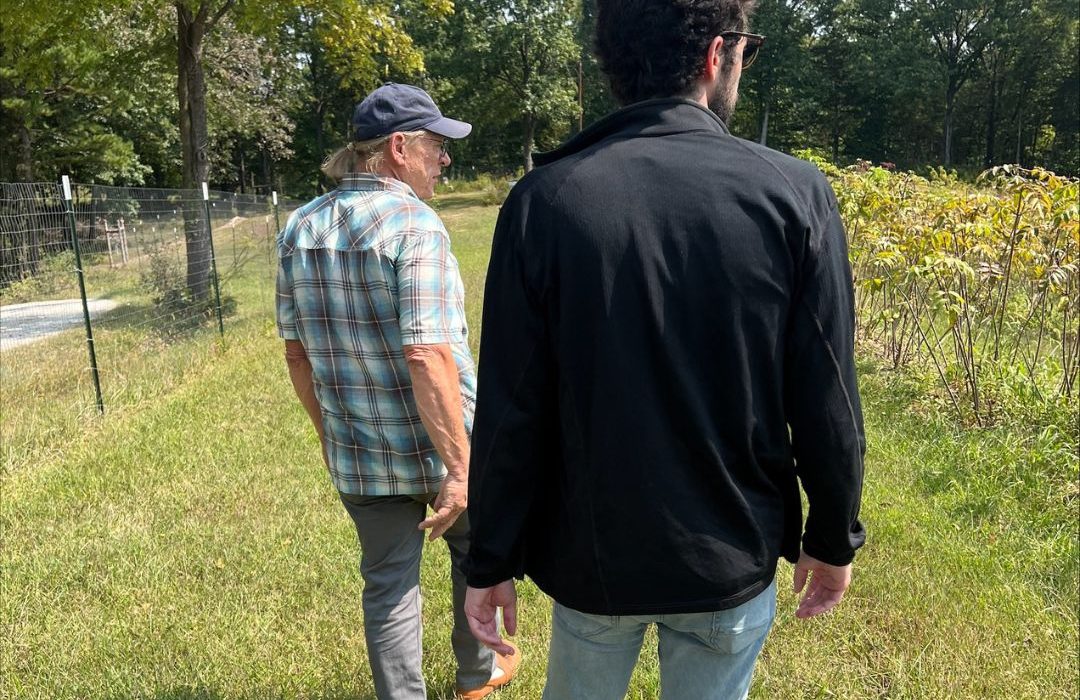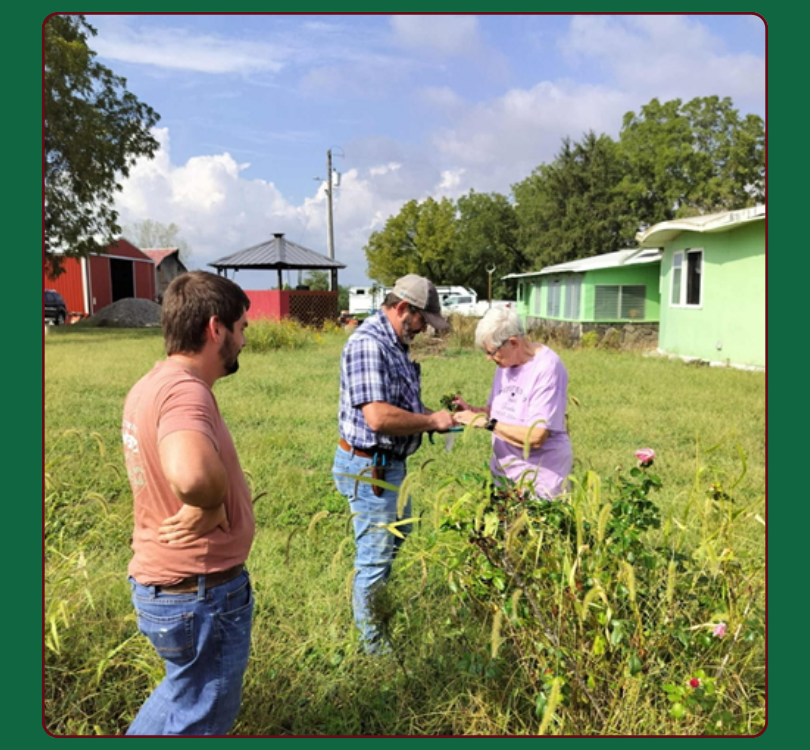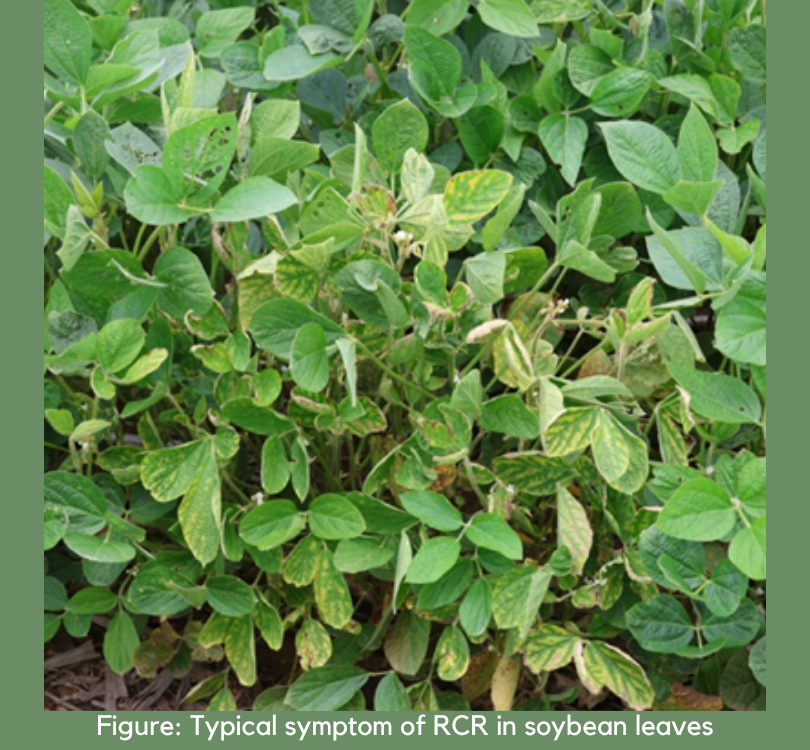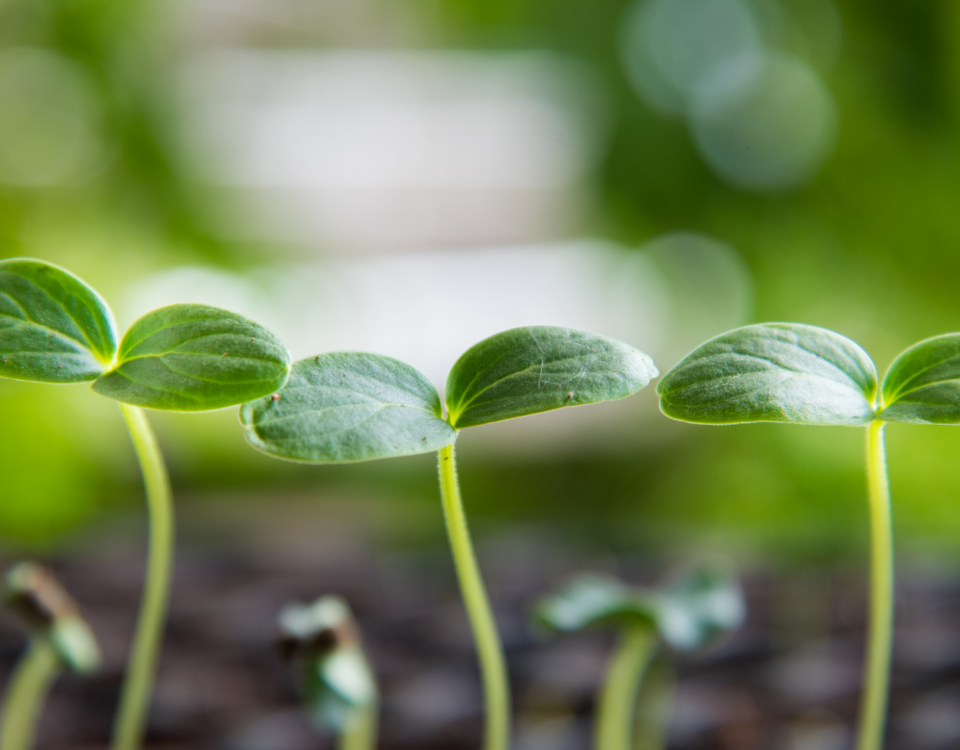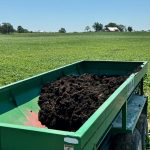
Biochar
January 7, 2025
Conference Recap
April 16, 2025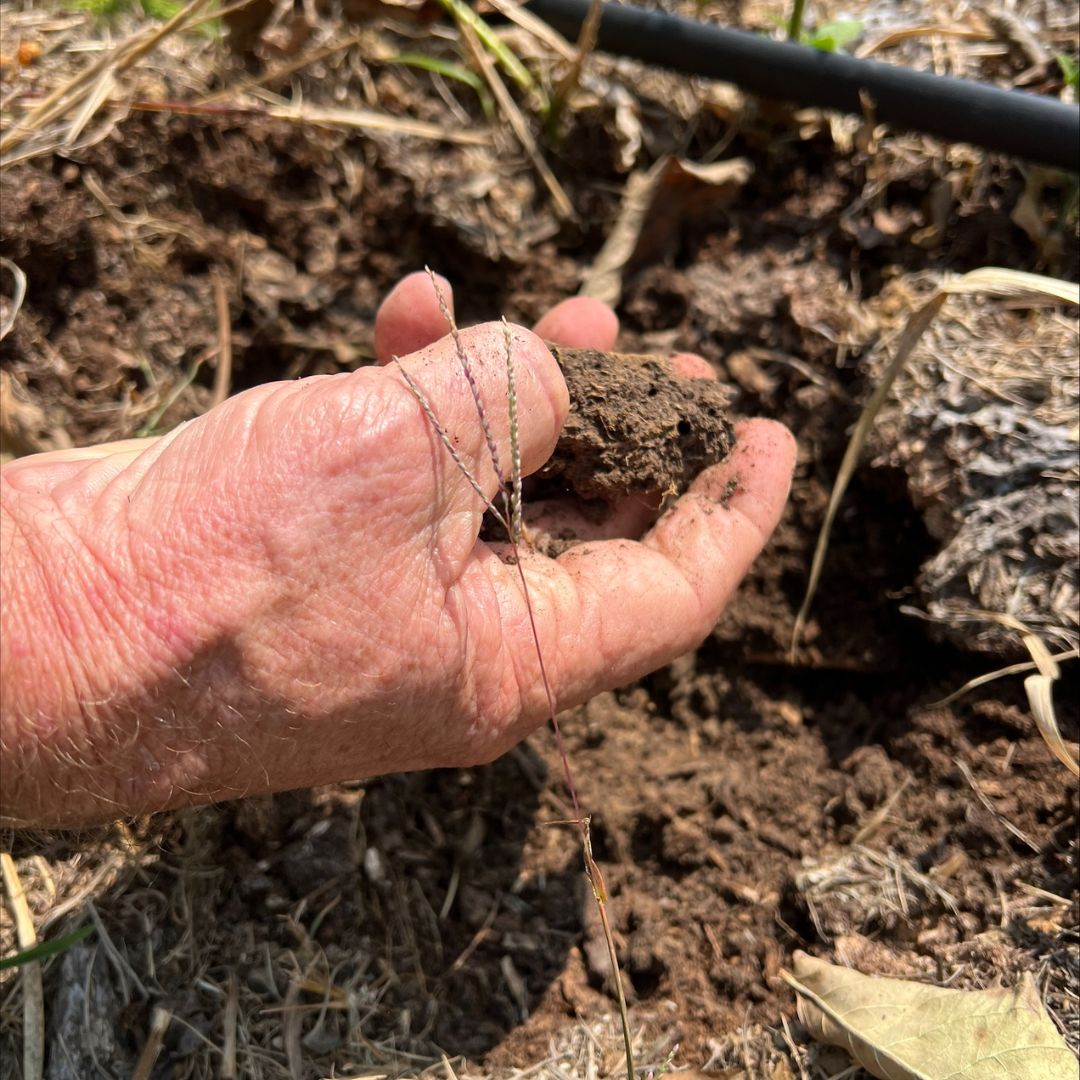
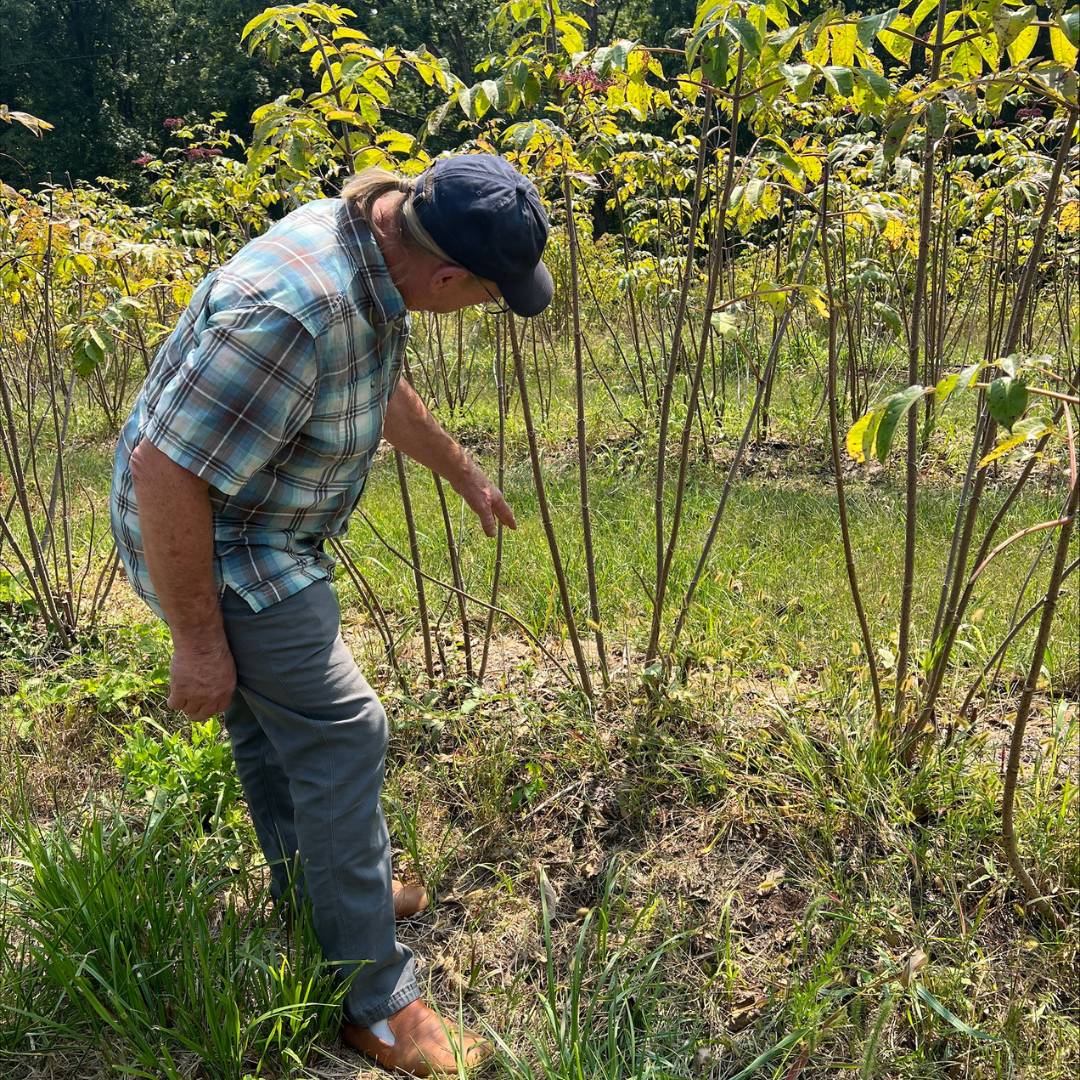

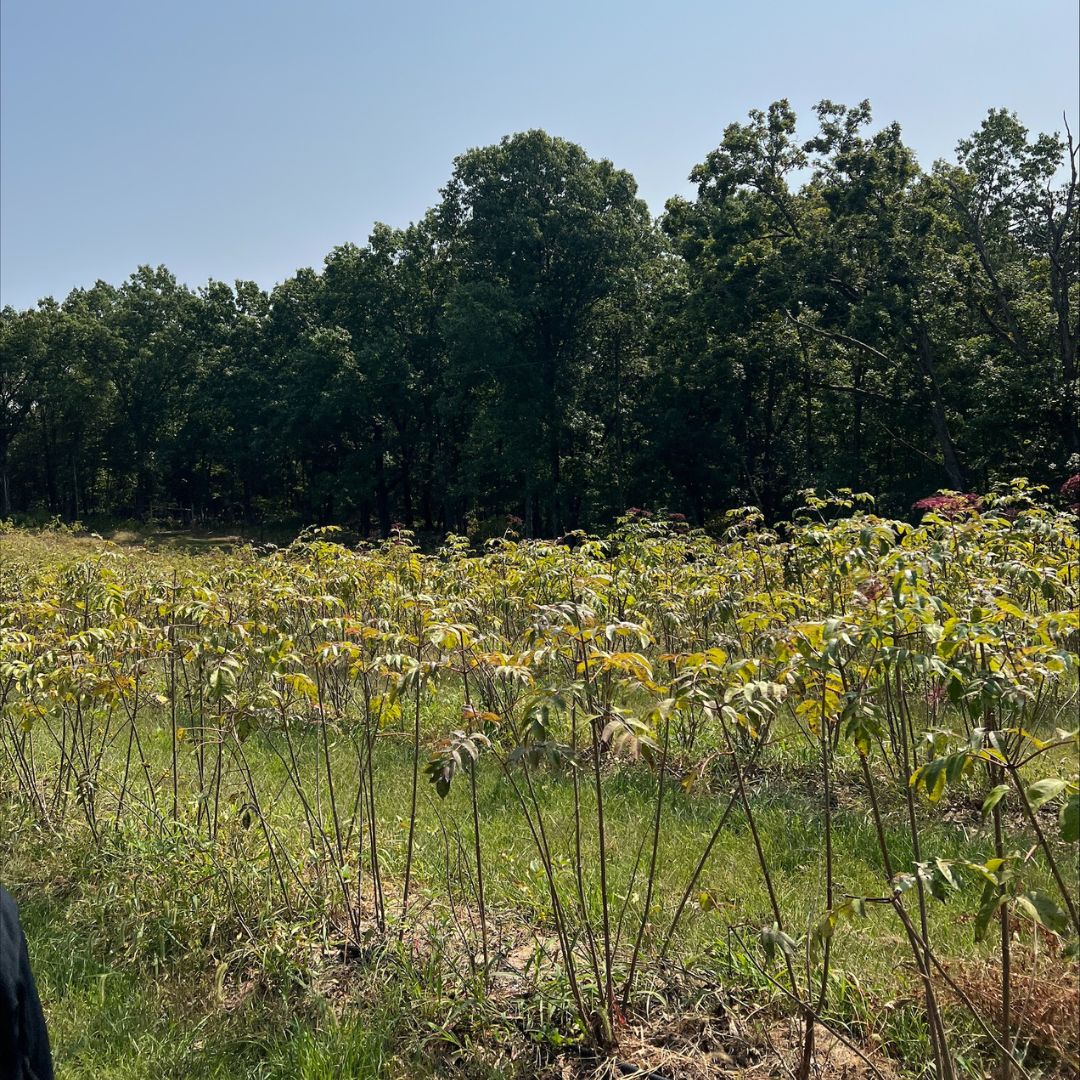


Introduction
“Choose where you put your energy; that is where you will make a difference.” Terry Durham
As the climate crisis intensifies, agriculture faces increasing pressure to adapt and implement sustainable practices that enhance resilience and reduce environmental impact. One such solution gaining momentum is biochar, a carbon-rich material derived from organic biomass. Biochar not only improves soil health by retaining nutrients and water but also plays a pivotal role in carbon sequestration, making it a valuable tool for climate-smart farming.
What is Biochar?
Biochar is a carbon-rich soil amendment made through pyrolysis, a process that heats organic material in a low-oxygen environment, preserving its carbon content while creating a stable, porous substance that enhances soil health.
How Does It Compare to Traditional Soil Amendments?
Unlike fertilizers or compost, biochar lasts for decades, improving soil structure, water retention, and microbial activity. While traditional amendments provide short-term nutrients, biochar amplifies and extends their benefits, making soils more resilient.
Carbon Sequestration Benefits
Biochar locks carbon in the soil for centuries, preventing CO₂ emissions and reducing agriculture’s carbon footprint. It also lowers the need for chemical fertilizers, further promoting climate-smart farming.
The Benefits of Biochar in Agriculture
- Improved Soil Health
- Enhances soil structure and aeration.
- Increases water retention and reduces erosion.
- Boosted Crop Yields
- Improves nutrient absorption.
- Creates a healthier growing environment.
- Carbon Sequestration & Climate Impact
- Reduces greenhouse gas emissions.
- Helps combat climate change by storing carbon in the soil.
- Economic Advantages for Farmers
- Long-term cost savings on fertilizers and soil amendments.
- Potential financial incentives for adopting climate-smart practices.
A Real-World Example: Riverhills Harvest
River Hills Harvest, founded by Terry Durham, specializes in growing and processing American elderberries into high-quality, value-added products like juices, cordials, and teas. The farm emphasizes sustainability and regenerative agriculture, prioritizing soil health and eco-friendly practices. With a strong focus on direct-to-consumer sales, River Hills Harvest connects consumers with pure, additive-free elderberry products while maintaining a commitment to environmentally responsible farming.
Incorporating Biochar into Soil Management:
Terry Durham and River Hills Harvest integrate biochar into their sustainable soil management strategy, recognizing its benefits for soil fertility, water retention, and long-term productivity. Adding biochar to their elderberry fields enhances nutrient absorption, improves microbial activity, and increases soil resilience, all while supporting carbon sequestration efforts. This practice aligns with their broader goal of maintaining healthy, productive farmland without relying on synthetic inputs.
Key Takeaways:
Improved Soil & Plant Health – Biochar has helped enrich the farm’s soil, leading to more potent elderberry plants and better fruit quality.
Sustainability & Climate Impact – By using biochar, River Hills Harvest reduces its carbon footprint and contributes to a more sustainable agricultural system.
Market Differentiation – Their commitment to regenerative practices, including biochar application, sets them apart in the premium organic and sustainable farming market.
By incorporating biochar, River Hills Harvest showcases how climate-smart farming can boost environmental and economic resilience, offering a model for other farmers looking to improve soil health and sustainability.
Available Resources, Grants, and Financial Support
- Local Agricultural Extensions & Universities: Many institutions offer research, training, and trial opportunities.
- Missouri Organic Association (MOA) Support: Resources, networking, and workshops tailored for biochar adoption.
- Tips for Maximizing Biochar’s Effectiveness
- Use the Right Particle Size: Finer biochar is better for microbial activity, while larger pieces improve aeration.
- Apply Based on Soil Needs: Conduct a soil test to determine the right application rate.
- Monitor and Adjust: Track soil improvements and tweak application methods for the best result
Conclusion
Biochar is a game-changer for sustainable farming. It improves soil health, boosts yields, and captures carbon to fight climate change. As demonstrated by River Hills Harvest, integrating biochar enhances soil fertility and strengthens farm resilience while supporting eco-friendly practices.
Now is the time to act! Explore biochar, attend a workshop, or connect with the Missouri Organic Association to learn how this climate-smart solution can benefit your farm.
Elissa Tate
Graduate Assistant | Department of Agriculture
Missouri State University


